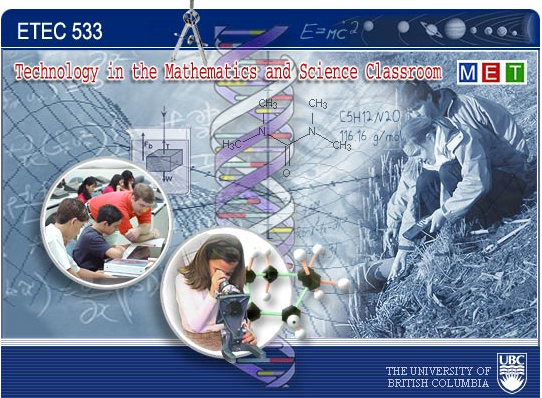So, PCK or TPCK as I prefer to look at it. After reading Shulman’s (1987), I appreciated Nancy’s flexibility to open her teaching and modify on the go. She deeply understands her content and make pedagogical decisions to reach her knowledge goals. It is brilliant. Content and Knowledge are to be in balance, as mentioned by Keith in a previous post.
Dr. Koehler (2011), in his post on PCK, mentioned “PCK exists at the intersection of content and pedagogy. Thus it does not refer to a simple consideration of both content and pedagogy, together but in isolation; but rather to an amalgam of content and pedagogy thus enabling transformation of content into pedagogically powerful forms. PCK represents the blending of content and pedagogy into an understanding of how particular aspects of subject matter are organized, adapted, and represented for instruction. Shulman argued that having knowledge of subject matter and general pedagogical strategies, though necessary, were not sufficient for capturing the knowledge of good teachers. To characterize the complex ways in which teachers think about how particular content should be taught, he argued for “pedagogical content knowledge” as the content knowledge that deals with the teaching process, “
One example for me was in the evidence and invertigation unit. to make sure my students understood the content that I taught on evidences, we went online on the C.S.I. web adventures. We challenged ourselves on that game to refine and apply our knowledge. It has been a great application of real life simulation. If it wasn’t from the web based game, they wouldn’t have that kind of experimentation, as it’s not possible to have a field trip on a crime scene.
As a last thought, is PCK or TPCK covering every aspects of the learner preparedness to come in class and learn? What are we missing?
Because this philosophy is great on paper, but does it apply everyday?
Cheers,
References
